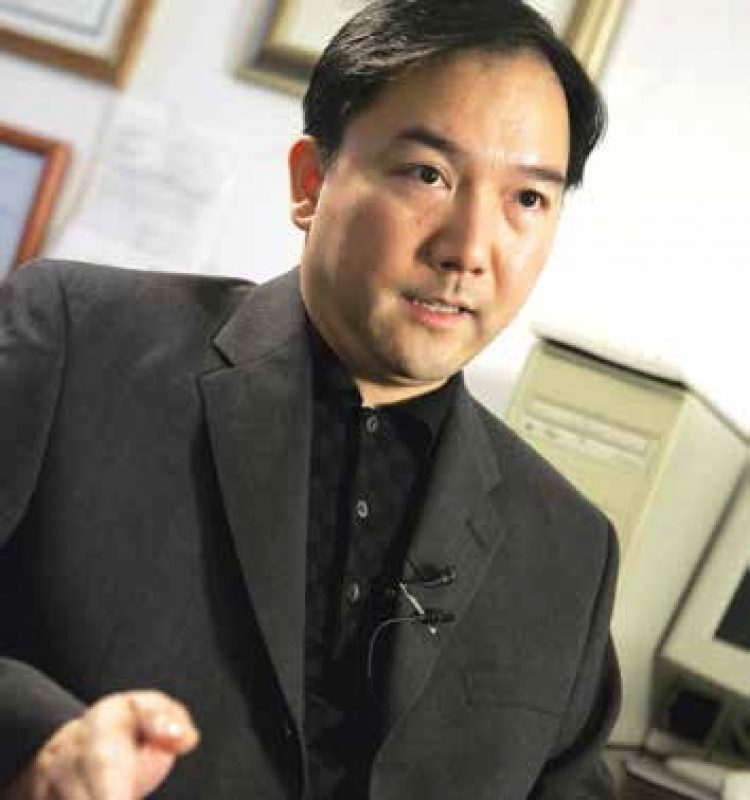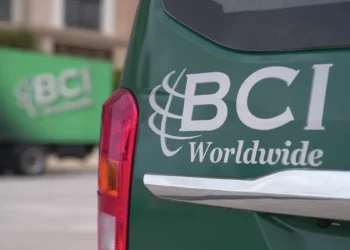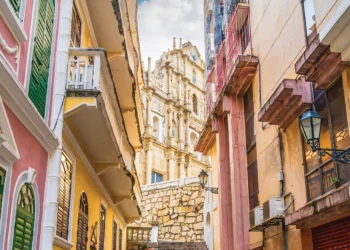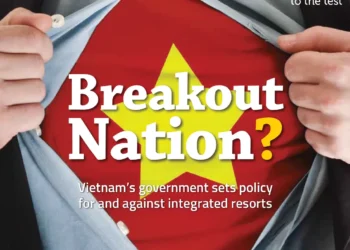LVS pays US$47.4 million to settle money-laundering case
Ye Gon Zhenli would wire moneyto LVS and subsidiary companies in smallsums from different banksand currency-exchange houses in Mexico,where he operated a pharmaceuticalfactory. The money would arrive fromcompanies he was not obviouslyconnected to and that didn’t identify himas the beneficiary.
Las Vegas Sands has agreed to forfeit $47.4 million to the US government to avoid prosecution for failing to report millions of dollars in money transfers from a gambler linked to drug trafficking.
The deal was finalized on 26th August, according to news reports, in exchange for which the US Attorney’s Office in
Los Angeles will not seek an indictment against the Las Vegas-based casino giant.
The settlement is based on what LVS reputedly won from the player, a Chinese-Mexican businessman named Ye Gon Zhenli, who gambled at several major casinos, including LVS’ Las Vegas flagship, The Venetian, between 2004 and 2007.
Prosecutors say Mr Ye transferred more than $45 million to The Venetian between 2006 and 2007, when he was the largest cash player the property had had to that point. He lost an estimated $84 million, including $36.5 million in credit that was later written off as uncollectable. His losses were large enough to affect the bonuses of many Sands and Venetian executives, including some involved in compliance, the settlement agreement states. His bets were monitored in real time and had an immediate effect on the company’s earnings, it said.
Mr Ye would wire money to LVS and subsidiary companies in small sums from different banks and currency-exchange houses in Mexico, where he operated a pharmaceutical factory. The money would arrive from companies he was not obviously connected to and that didn’t identify him as the beneficiary. The Wall Street Journal, citing information contained in the settlement agreement, reports that a portion of the transfers went into a Sands account that was usually used for aviation services and had not previously been used for gambling transfers. Such accounts are common in the industry to protect high rollers’ privacy.
“Millions of dollars earned from illegal drug trafficking were transferred through casino accounts in a complex scheme designed to thwart law enforcement detection,” said Anthony Williams, a special agent with the US Drug Enforcement Administration in Los Angeles.
Prosecutors say at least one LVS officer warned The Venetian about Mr Ye; and in April 2007, the property filed what is known as a “suspicious activity report” on him, as required by federal law; but they say it left out key transactions. The report was filed a month after Mr Ye’s Mexico City home was raided by police and $207 million in US currency was seized. He was later indicted in the US on narcotics charges, but the case was dismissed in 2009. He is awaiting extradition to Mexico, where he faces drug trafficking charges.
According to a statement from the US Attorney’s Office, LVS admitted “in hindsight that it failed to fully appreciate the suspicious nature of the information or lack thereof pertaining to Ye Gon,” and the government agreed not to prosecute based on the company’s cooperation, according to a letter dated 26th August from Assistant US Attorney Kevin Rosenberg and cited by Reuters.
The terms of the agreement require Sands to conduct two years of reviews of its anti-money laundering policies and file periodic reports with the government. The company also has agreed not to use accounts with generic names.
“All companies, especially casinos, are now on notice that America’s anti-money laundering laws apply to all people and every corporation, even if that company risks losing its most profitable customer,” said US Attorney André Birotte.
The Journal notes that LVS also was under federal investigation in connection with its handling of funds from a second high roller, who was later convicted of a crime, but he wasn’t named in the agreement.
In a separate case, the company acknowledged in March that it had “likely” violated record-keeping provisions of the US Foreign Corrupt Practices Act, which outlaws the bribery of foreign officials. Sands has said it is cooperating with that investigation, which was launched early in 2011 and is ongoing.
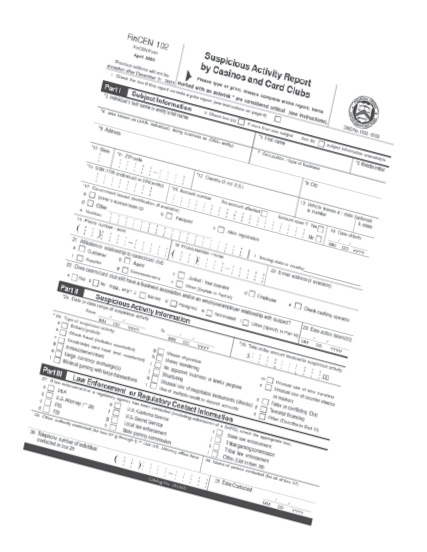
Prosecutors say at least one LVS officerwarned The Venetian about Mr Ye;and in April 2007, the property filed what isknown as a “suspicious activity report” onhim, as required by federal law; but theysay it left out key transactions.






